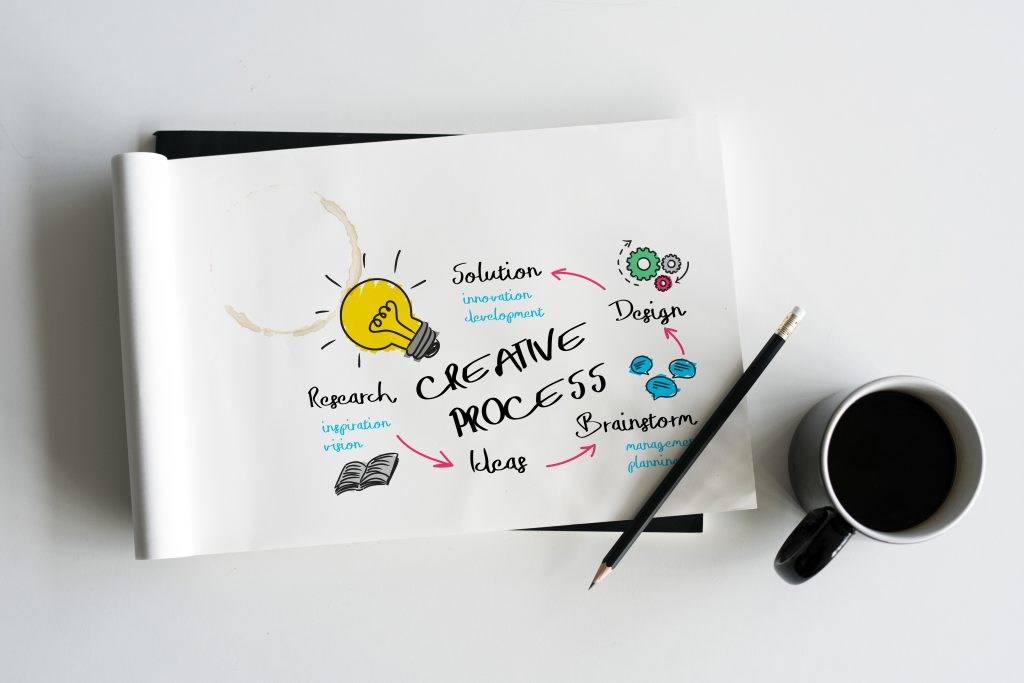In the past two decades, we have witnessed unprecedented environmental changes that have resulted from the misuse and mismanagement of natural resources in pursuit of global development. The massive increase in technological dependency and large-scale infrastructure development have made fundamental impacts on the environment, manifested in the worsening impact on climate. One sector that is particularly affected by this is the agricultural sector. Climate change disrupts the agricultural ecosystem, as a result of changes in agricultural climatic elements such as temperature, precipitation, and sunlight. Even more so, increased intensity and frequency of storms, drought and flooding, altered hydrological cycles and precipitation variance threaten agricultural production and livelihoods around the world.
At the same time, the agriculture sector is a major contributor to the climate problem. Since the beginning of the Green Revolution, the productivity of the global agricultural system has more than doubled, improving food security and meeting dietary demands for a growing global population. However, this growth has also imposed environmental costs due to unsustainable agriculture and farming practices. Agricultural activities currently generate 19%–30% of total greenhouse gas (GHG) emissions of the total anthropogenic emission. As such, new attention is being given to agriculture’s role in the climate change solution.
As climate change continues to exert increasing pressure upon the livelihoods and agricultural sector of many developing and developed nations, multiple stakeholders are working towards climate change adaptation through generating huge amounts of data, information, and knowledge. However, the increasing complexity of the climate problem demands a more comprehensive and collaborative approach. It requires investment in key management practices in finding and sharing relevant information. While generating information is an important element of knowledge management, it will not have an impact unless it is processed, analyzed, and disseminated to those in need in a format that is easily understood. Moreover, climate change science is continuously being updated, and new information and knowledge products in the form of coping strategies, technologies, and monitoring mechanisms are continuously being developed at national, regional, and global levels. These data, information, and knowledge do not necessarily find their way to potential beneficiaries, especially those at the forefront of climate change impacts—farmers, fisherfolk, and coastal communities.
The cornerstone of the solution to the issue of climate change and agriculture lies in better connecting the existing data, information and knowledge on the issue: developing and establishing knowledge management mechanisms and technologies that link relevant content on creating climate resilient and sustainable agriculture—be it reports, projects, organizations, people, policies—across platforms, websites and the web at large, and across the multiple scales, disciplines and sectors involved in implementation.
To address the urgent existential threat posed by climate change, a transformation in how the world seeks and finds the information to address these enormous and interrelated missions is necessary. A streamlined Knowledge Management framework will present ways to hasten widespread knowledge uptake and implementation by leveraging present-day technologies and emerging digital approaches.
At ASSIST Creativelab we are committed to help organizations in finding better ways to utilize existing technology and explore new channels. Our intervention is focused towards creating an ecosystem in which the communities and actors can learn from one another by sharing and creating eLearning content through streamlined knowledge management frameworks. This intervention will not only allow us to work together as a true global community in addressing challenges related to information dissemination but it will also ensure that all the stakeholders and beneficiaries are at the same level when it comes to awareness and knowledge consumption.
Get in touch with us today to explore how we can help and collaborate with you!
Sources:
Asian Development Bank. (2011). People’s Republic of Bangladesh: Climate Change Capacity Building and Knowledge Management. Available from: https://www.adb.org/sites/default/files/project-document/61048/45065-001-ban-tar.pdf
Barrott, J., Bharwani, S., Brandon, K. (2020). Transforming knowledge management for climate action: a road map for accelerated discovery and learning. Placard. Available from: https://www.placard-network.eu/wp-content/PDFs/PLACARD-Transforming-knowledge-for-climate-action-2020.pdf
Food and Agriculture Organization. (2018). Emissions due to agriculture. Global, regional and country trends 1990–2018. Available from: https://www.fao.org/3/cb3808en/cb3808en.pdf
Walljasper, C. (2019). Agriculture is one of the biggest contributors to climate change. But it can also be a part of the solution. Midwest Center. Available from: https://investigatemidwest.org/2019/09/27/agriculture-is-one-of-the-biggest-contributors-to-climate-change-but-it-can-also-be-a-part-of-the-solution/




